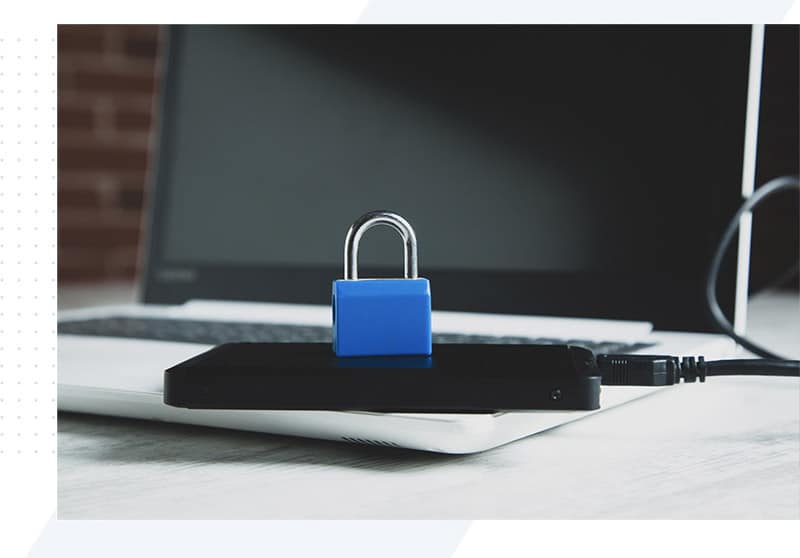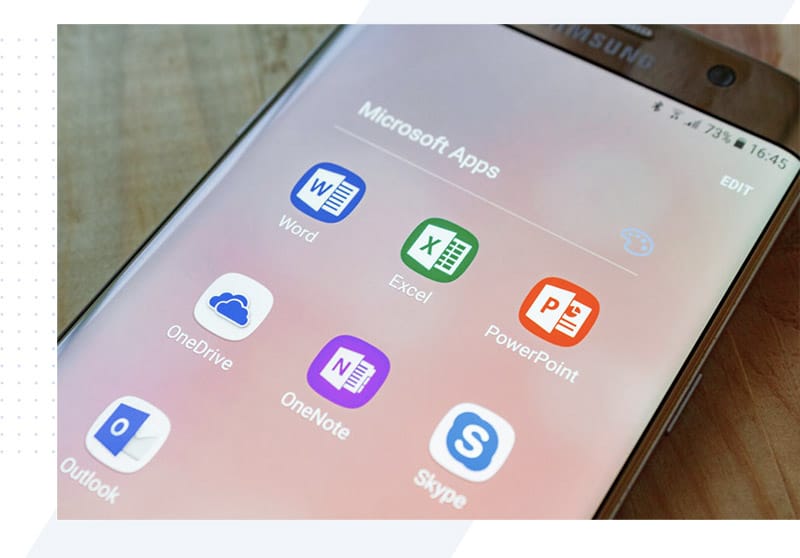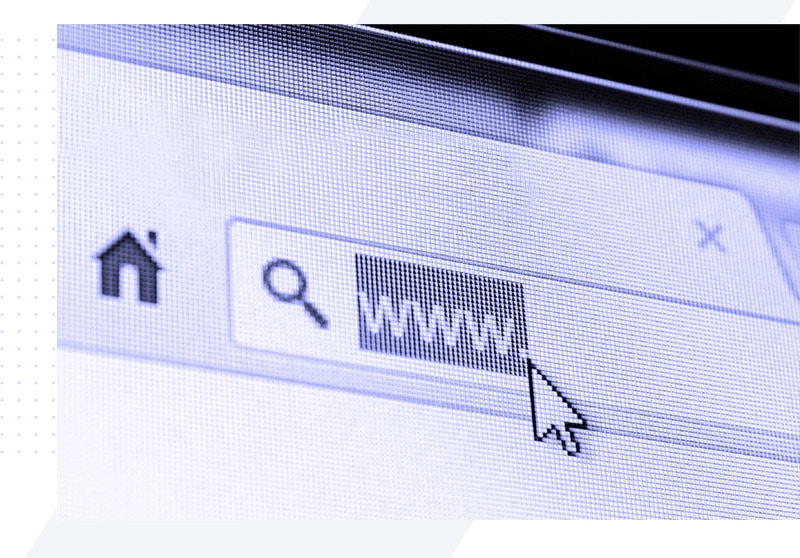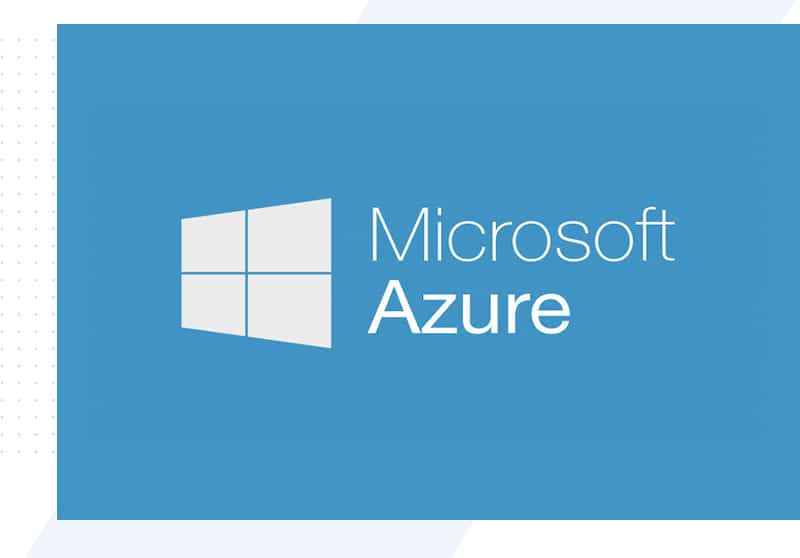Top 5 Cybersecurity Tips for Small Businesses in 2024

1. Set Up Two-Factor Authentication (2FA)
The first and most crucial step in securing your business is setting up two-factor authentication (2FA), also known as multi-factor authentication (MFA). Weak passwords are one of the leading reasons for cyberattacks. By using 2FA, you add an extra layer of security beyond just a username and password. This could involve using an authenticator app, biometrics like fingerprint scans, or even physical security keys. Moving away from relying solely on passwords is one of the most effective ways to protect your business from cyber threats.
2. Educate Your Employees About Phishing
Phishing is a huge risk for businesses, and it’s critical to educate your employees—everyone from senior staff to new hires—on how to recognise and avoid it. Phishing involves tricking people into clicking on malicious links or giving away sensitive information. By training your team and creating a culture of cybersecurity awareness, including using slogans like “see something, say something,” you can significantly reduce the risk of a successful phishing attack. Make sure to onboard new employees with security training, send out regular cybersecurity newsletters, and run phishing tests to keep your team sharp.
3. Implement Zero Trust Network Access
Zero Trust Network Access is becoming an increasingly popular alternative to traditional VPNs. The idea behind zero trust is simple: Don’t automatically trust anything inside or outside of your network until it’s been verified. This ensures that only the right people have access to the right resources. Users gain access to applications incrementally as they are validated, and unauthorised users cannot see sensitive information. The internet is now our corporate network, and zero trust ensures that no device or person is trusted without verification. Solutions such as Azure global secure access should be considered.
4. Manage Data Privacy and Third-Party Risks
Data privacy and third-party risk management are often overlooked by small businesses, but they are critical. Managing data privacy is about more than just securing data—it’s about understanding how data moves through your supply chain. Many small businesses give access to external vendors and suppliers, and these third parties may pass your data further down the chain. If you’re not managing these relationships carefully, you could be putting your data at risk. Make sure you have a clear understanding of who has access to your data and how it’s being used.
5. Consider Managed IT Services
The complexity of today’s cyber threats is increasing every day. Managed IT service providers (MSPs) or managed security service providers (MSSPs) can help small businesses by offering expert monitoring, threat prevention, and network management. These services provide 24/7 coverage, so you don’t have to worry about keeping an eye on your systems.
MSPs help ensure that your business is protected from advanced threats like ransomware, data breaches, and more. Plus, by integrating them into your infrastructure, you can benefit from their expertise while still empowering your in-house team.
By following these top five cybersecurity tips, you can help protect your small business from the growing threat landscape. Want to learn more? Contact Ashby Computers Services at 01604 790 979 for expert advice and comprehensive cybersecurity solutions tailored to small businesses.













